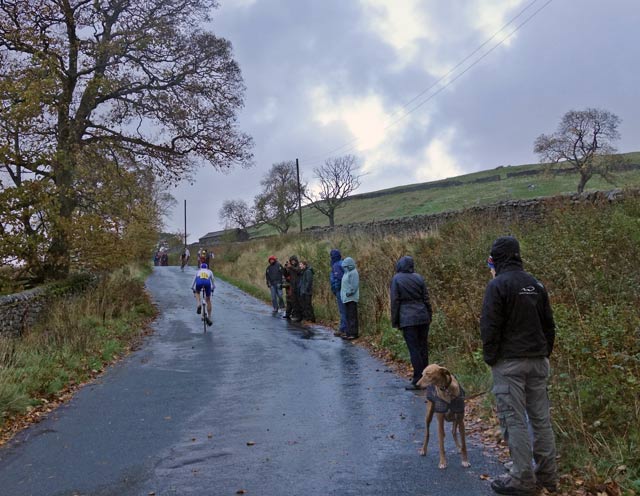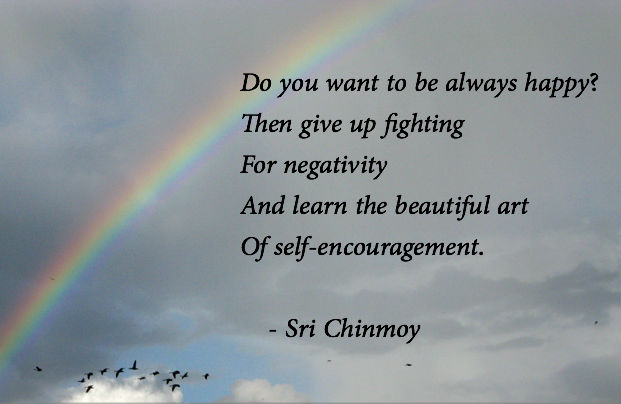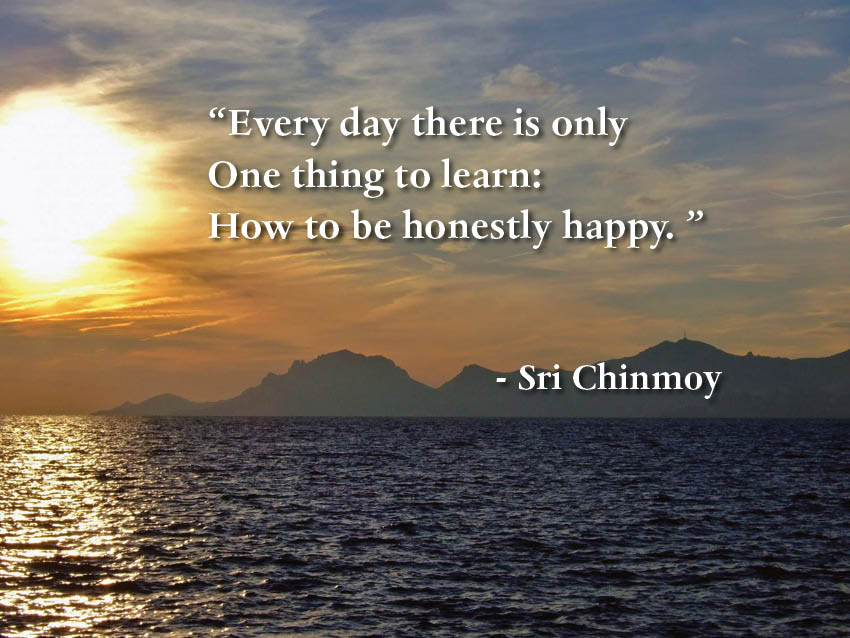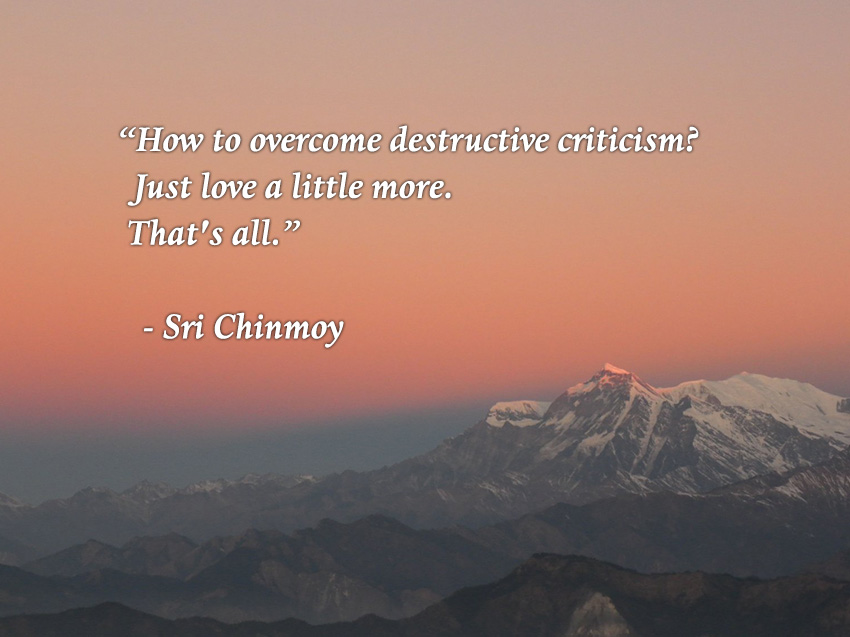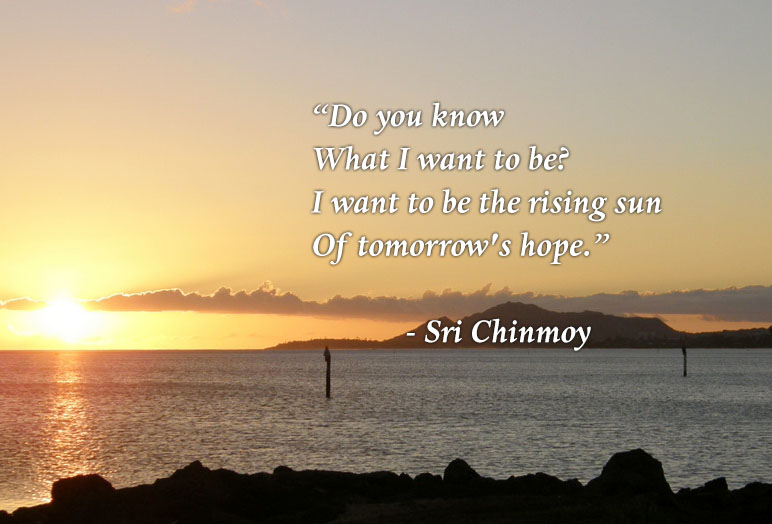When giving meditation classes, a common issue is people find it difficult to find the time to set aside 15 minutes of the day for meditation and a period of quiet reflection. We all know it would be good to meditate, but to actually make sure we do it can be quite a challenge. Similarly, we can have the best of intentions to change some of our bad habits and wrong attitudes, but we think maybe it will be easier or better at a later stage. For any progressive change in our nature or worthwhile practise, the best time to start is always now!

We might think there will be a better time in the future, but in the spiritual life, the best time is always this present moment. If we wait for outer circumstances to be more favourable, we will always be delaying and procrastinating. And before we know it, we will have given up completely.
These are some tips to value the present moment and take each opportunity.
Valuing meditation
The first thing is we need to always remember the value of meditation and spiritual practise. If we see meditation as some hard discipline we need to endure, our mind will always find an excuse to avoid doing it. However, if we can focus on the benefits and joy that we will get from the practise, we will always be motivated to keep trying. Here we need to use our wisdom, we need to convince our mind that we get more joy from meditation than we would wasting our time on some inconsequential other activity. Don’t feel when we meditate we are making a great sacrifice. Our reward will not be in heaven, it will be from cultivating a genuine sense of happiness here and now.
Change attitude to difficulties
If we wish to start a practise of meditation, there will be innumerable obstacles. For example, we may find it is much noiser than we like. One option is to say, ‘it’s too noisy’ let’s wait until its quieter. The other option is to say, “I’ll take this outer noise as a part of the meditation practise. I shall try incorporate the noise into the meditation – learning to allow the sound to wash away.” If we can meditate with noise, it will make our meditation practise much stronger. It’s like a runner training on hilly terrain. When he finally reaches the flat terrain, the challenging hills made him stronger.
Learn to say no!
Sometimes, other people can take advantage of our good nature and encourage us to take on more jobs and responsibility. But, we have to learn to say no, and put our spiritual practise first. If we can lose our feeling of indispensability, we find the world doesn’t end, just because we spend 20 minutes early in the morning learning to meditate.
Live as if it was your last day on earth
If it was your last day on earth, how would you spend it? Would you really worry about paying some telephone bill? Would you waste it in meaningless gossip and chat? If it was our last day, we would concentrate on the important things in life. We would suddenly be very clear what is important to us. Material possessions lose all meaning – they are merely passing things; but our inner practise, our inner faith and inner peace become all important.
If we don’t take this opportunity, we won’t have it again
A spiritual life means:
It is now
Or never.
Sri Chinmoy (1)
Every moment is an opportunity – either we take it or lose it. In one sense, we have eternity to achieve realisation. But, if this is our laid back attitude, we will progress with the speed of an Indian bullock cart. If we get an opportunity to meditate or change our attitude – then we should take it now, whilst we have the aspiration. If we miss out, perhaps in a few days, we will lose any enthusiasm or willingness to change.
Continue reading “The best time is now”
